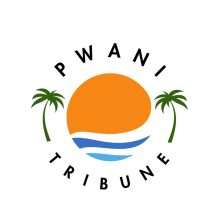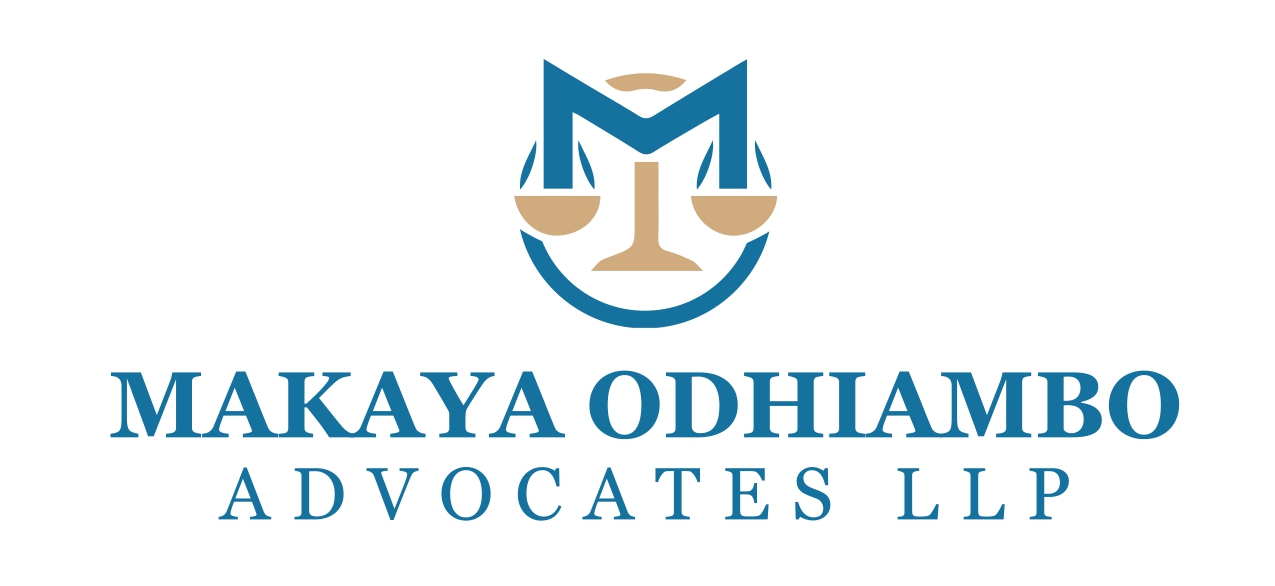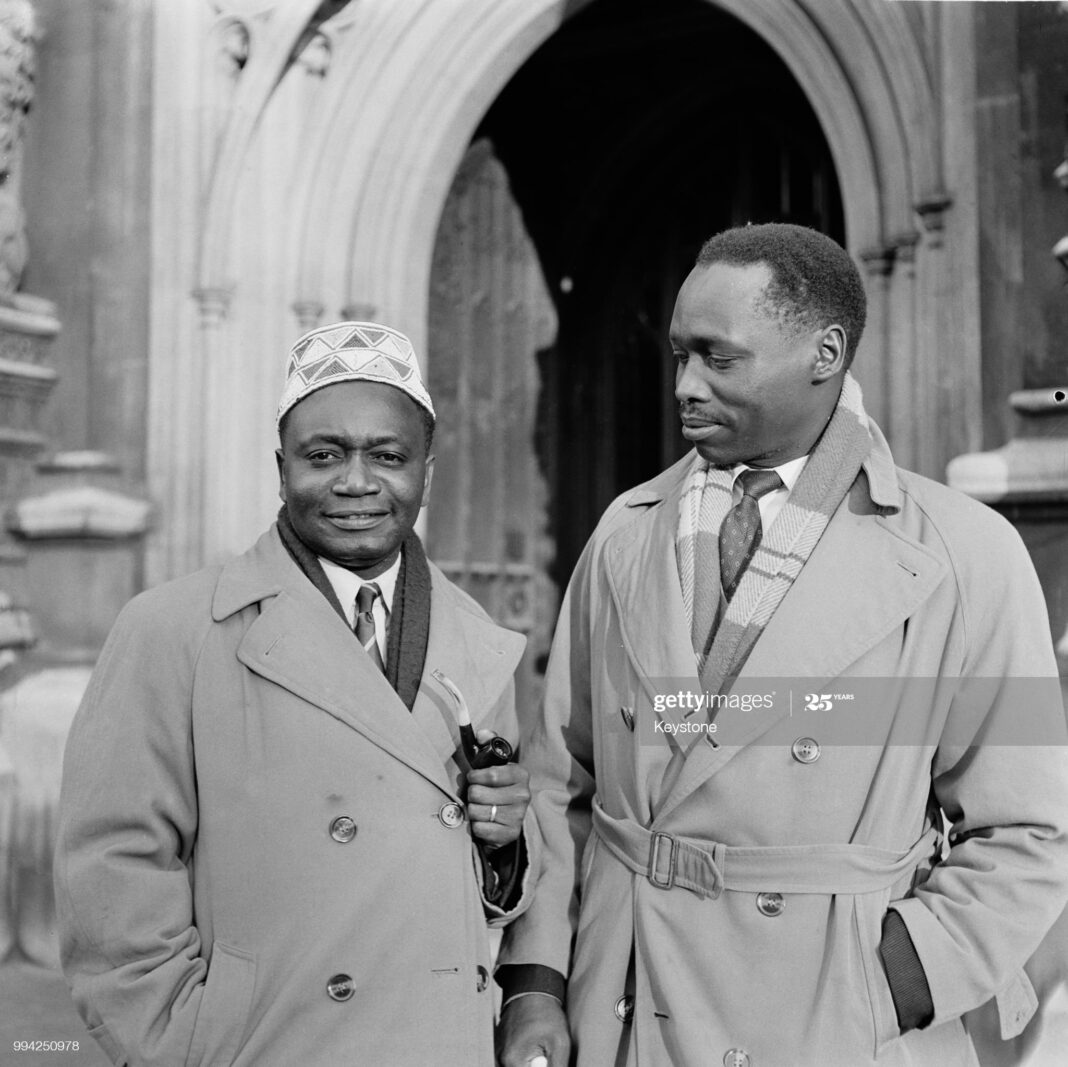Ronald Gideon Ngala (1923-1972) was a one-time Leader of Government Business (at the time, 1961, the highest ever political post held by an African in Kenya), Cabinet Minister-Cooperatives & Social Services. His name is synonymous with devolution. Born to the Giriama clan of ‘Akiza cha Amwahinzano’, a clan known to be predominantly carpenters, he belonged to the early African educated elite that went on to reach the heights of Makerere college education where he had Nyerere and Edward Mutesa (later Kabaka) as college mates.
Perhaps an even better educationist than politician, and he was a fine one, he is remembered in his time teaching in Kaloleni School, Mbale School (Taita) and Buxton Intermediate School (Mombasa) as a strict disciplinarian. A trait he learnt from Edward Carey Francis at Alliance. Upon graduating with a Diploma in Education, he started off his teaching career in 1945 in Kaloleni School, as Deputy Principal. While there, he was praised for great management of school funds and reducing the school’s debt, earning him a promotion to Mbale (Taita) as Principal.
He was in Mbale School from 1950 to 1953 before moving to Buxton Intermediate School in Mombasa (again as Principal) and overseeing a first for the school, 8 students going on to join Shimo La Tewa for secondary education. It was in Mombasa that his leadership qualities as Principal caught the eye of many and he was nominated to the Mombasa Municipal Board in 1955 to represent Tononoka-Tudor Ward, his first brush with politics. He would go on to be elected to the Legislative Council (LEGCO) representing Coast Rural Constituency. While his rivals in the election like Francis Khamisi campaigned on nationwide issues, Ngala localized his campaign articulating Coastal issues earning him the voters’ favour.
His educationist background would be in the fore in his manifesto “…the Competitive Entrance Examination should be abolished and all children be given a run to Standard 8, whether in reserves or townships”… something he succeeded in doing. Ngala and other African elected members in the LEGCO opposed the Lyttleton Constitution in which they were elected, raising their voices against African underrepresentation, culminating in Lancaster House Conference talks, with Ngala as head of delegation. The decision to have Ngala as head of delegation was because neither Tom Mboya nor Jaramogi Odinga could have the other as the head, owing to their power struggles and Masinde Muliro was deemed a hot head prone to losing his temper in discussions. Ngala was a good compromise.
With the ban on Africans forming political parties lifted after the talks, KANU would be formed in 14th May 1960. Ngala, Daniel Arap Moi and others from minority tribes went on to form KADU as a counter to the Luo-Kikuyu domination of KANU and the national political scene as a whole. KADU’s ideology was Majimboism (later ‘Ugatuzi’ became a more acceptable term), devolution of power to the country’s regions and would form a government in 1961 with Ronald Ngala as Leader of Gov’t Business after KANU declined to form a government until Kenyatta was released.
Upon Kenyatta’s release, elections were held in 1963 and KANU won 83 of the 129 seats in the National Assembly. As a result, Ronald Ngala, Daniel Arap Moi and Masinde Muliro resolved to dissolve KADU and join KANU. As Ronald Ngala’s star shone bright on the national scene as Cabinet Minister-Cooperatives & Social Services in the Kenyatta government, on the Coastal front he faced opposition from the Mwambao Movement that was seeking complete autonomy of the Coast. Others at the Coast like Msanifu Kombo who had been in KANU since inception, were unwilling to have him as the undisputed Coast kingpin as he was a “former KADU man”. He managed to survive all these tests esp. from Arab-Swahili rivals and remain relevant until his death in 1972.
Ronald Ngala’s legacy will forever be intertwined with the independence constitution & the devolution discussion. And on the cultural front, he remained a proud Giriama. He authored a book, ‘Nchi na Desturi za Wagiriama’ and was a proponent of Kaya visits for school children.
PS: This article was made possible with a great deal of help from George M. Gona’s 1990 Masters thesis to The University of Nairobi, ‘A Political Biography of Ronald Gideon Ngala’.



